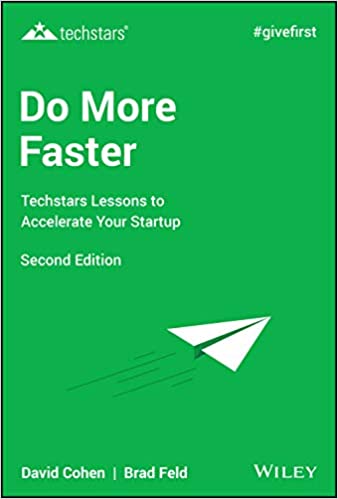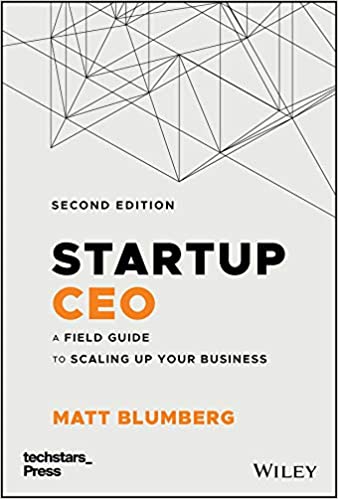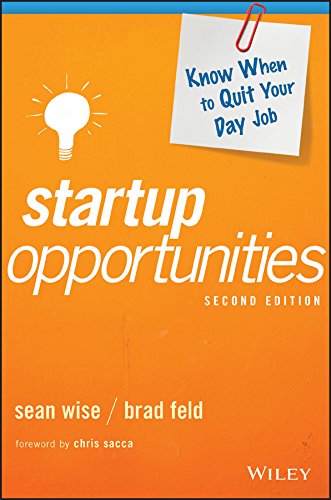Tax Comments on Startup Boards
I write books not to be the authority on an issue but to lay a foundation for an informed conversation. Below are the welcome additions to Startup Boards from David Thomas, a partner at WSGR in Palo Alto. These comments will join an errata when it becomes necessary.
You suggest that the idea of an executive session is useful for board discussion because it’s an attorney / client privileged discussion. But you don’t explain until later that the presence of the lawyer at the meeting is what makes it privileged. You clearly know this, but could be people who don’t.
The discussion of 280G isn’t as clear as it could be. A few comments on that:
- I’d drop a footnote that any payments in connection with a change in control could be parachute payments, not just carveouts (e.g., if acceleration is approved)
- I’ve never heard the term “280G election”. It’s always referred to a “280G vote” or a “280G cleansing vote”. From a pattern recognition perspective, you’re on your side of the votes much more than I am, so it could be phrasing that board types use.
- This one I’d strongly urge you to make—you say that 75% of shareholders not affected by the vote get to vote. This implies that the common holders who are the shareholders most affected are not counted in your 75%, which is absolutely not true. You meant to say 75% of shareholders not benefiting from the carveout.
Following are some nits around the Section 409A discussion:
- “Artificially low” implies that it has to be really discounted to be a problem, when in actuality 1 cent low and 1 dollar low have the same effect once the IRS audit starts.
- I’d also point out that serial acquirers are likely a bigger risk than the IRS. Google, Cisco, and Oracle look at this stuff closely.
- This and the next one are personal nits, IRS didn’t establish Section 409A, that was Congress.
- It actually happened October 4, 2004 “a day that will live in infamy” not in 2005








